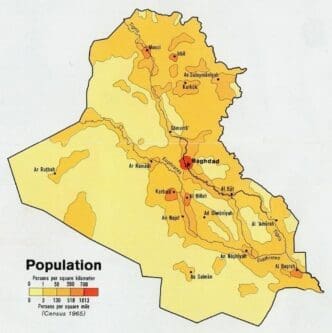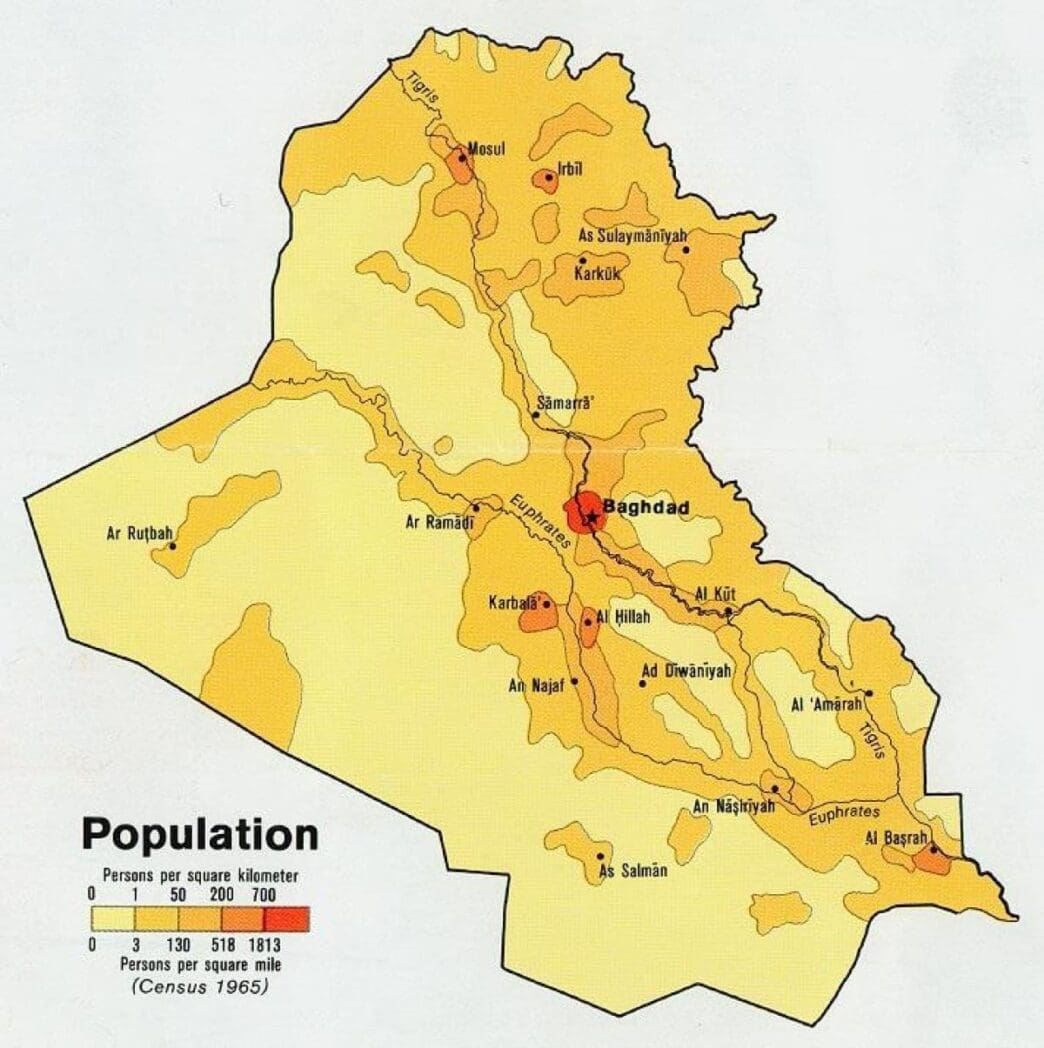In a significant development, Iraq has conducted its first national census in nearly 40 years, revealing a population increase to 45.4 million. This preliminary result marks a pivotal point in Iraq’s data collection and planning efforts, long hindered by decades of conflict and political instability.
According to Prime Minister Mohammed Shia al-Sudani, the initial findings of the census indicate that Iraq’s population has reached approximately 45.4 million people. This is a notable increase from an unofficial count in 2009, which estimated the population at 31.6 million. The census, carried out earlier this month, reflects a nearly equal gender distribution, with males constituting 50.1% and females 49.8% of the population.
The undertaking of this national census is not without challenges. It holds profound implications for Iraq’s resource allocation, budget planning, and overall development strategy. Minority groups have voiced concerns that a documented decrease in their numbers might lead to diminished political influence and reduced economic benefits, especially within the country’s sectarian power-sharing framework. To address some of these concerns, the federal court mandated the exclusion of questions regarding ethnicity and sectarian affiliations, focusing only on broad religious categories such as Muslim and Christian.
The last comprehensive census in Iraq was conducted in 1987, with another occurring in 1997 that excluded the Kurdish region. This recent attempt signifies a major step towards modernizing Iraq’s demographic statistics. During the process, approximately 120,000 census workers were deployed, covering around 160 housing units each over a span of two days. Advanced technologies were employed for data collection and analysis, providing a more detailed picture of Iraq’s demographic, social, and economic conditions.
Ali Arian Saleh, the executive director of the census at the Ministry of Planning, stated that further phases of the census would proceed over the coming weeks. These subsequent stages are expected to yield comprehensive information regarding religious groups, adding further depth to the initial findings.
The recent national census is a crucial step for Iraq as it seeks to update its population data after decades. This endeavor provides important insights into the country’s demographic trends and informs future decision-making processes concerning resource distribution and development. The use of advanced technology marks a progressive move towards accurate data accumulation, setting a foundation for addressing socio-economic challenges in Iraq.
Source: Apnews








